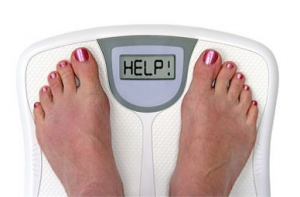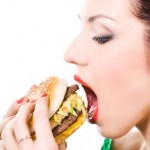 Olney Integrative Weight Loss Solutions Has Launched!
Olney Integrative Weight Loss Solutions Has Launched!
Our participants are steadily losing weight eating regular foods, without supplements or gimmicks, learning how to eat healthy, and having fun in the process.
[easychart valuenames=”Week 2, Week 3, Week 4, Week 5, Week 6, Week 7, Week 8, Week 9, Week 10″ group1values=”1.5,3.0,4.5,6.0,7.5,9.0,10.5,12.0,13.5″ group2values=”3.99,8.81,9.09,11.0,13.8,15.4,16.7,17.5,19.5″ groupnames=”Goal, Present Group” ]
Program Participants
Author Nutritionist Rick Weissinger RD, MS, CPT
Psychotherapist Andrea Lopes LCSW-C
Yoga Instructor & Personal Trainer Kathi Doan
Washingtonian Top Doctor Edward Taubman, M.D.
This Ten Week Program Meets Weekly From 7:00 to 8:30PM At The Olney Counseling Center at 3430 North High Street
Topics Covered Include
Re-Engineering Your Food Intake – What Should We Be Eating?
Emotional Eating – Identify Your Triggers And Develop Strategies To Manage Them
Get Moving And Relax – Yoga Techniques to Help You Win The Battle
Learn To Cook And Eat Healthy With Cooking Demos And Trips To The Grocery Store
At The Olney Counseling Center 3430 N High Street, Olney MD
Participation Is Limited To approx 25 people. Register To Attend Our Next Open House by visiting our new website:




